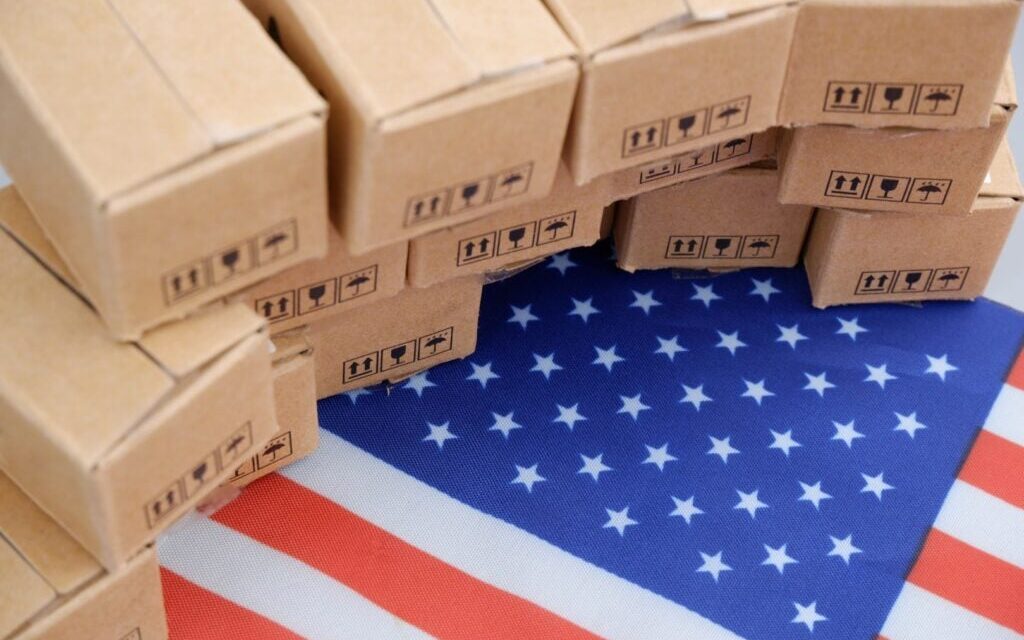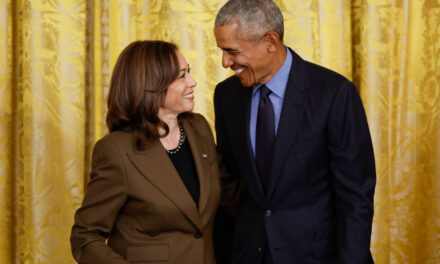
Jason Furman, a key figure in 44th U.S. President Barack Obama’s administration, raised questions on X regarding the logic behind tariffs.
What Happened: The query comes in response to former President Donald Trump’s recent pledge to impose tariffs of up to 20% on all imports and up to 60% on Chinese goods if he is re-elected.
Furman’s comments highlight the potential economic repercussions of such tariffs, questioning who ultimately bears the cost of retaliatory measures from other countries.
Furman stated, “Suppose you believe that tariffs are fully paid by foreigners. Then who do you think is going to pay for all the foreign tariffs that are levied in retaliation for the US ones?”
Suppose you believe that tariffs are fully paid by foreigners.
Then who do you think is going to pay for all the foreign tariffs that are levied in retaliation for the US ones?
— Jason Furman (@jasonfurman) September 11, 2024
See Also: Nasdaq, S&P 500 On Track To Extend Losses: What’s Driving Futures Trading
Why It Matters: Furman’s comments come amid ongoing debates about the economic impact of tariffs. In July, Furman suggested that the current economic conditions warranted a less restrictive policy, citing a decrease in inflation and a rise in unemployment. He emphasized that economic policy should be adjusted accordingly.
During a recent presidential debate, Vice President Kamala Harris criticized Trump’s tariff policy, labeling it a “Trump sales tax” that would impose a 20% tax on everyday goods, affecting middle-class families. Trump defended his plans, proposing additional duties of 60% to 100% on China, aiming to recoup costs from other countries.
Experts have also warned that Trump’s proposal to enforce dollar dominance in global trade through tariffs could lead to economic disruption and potentially weaken the U.S. currency. Ulrich Leuchtmann from Commerzbank AG noted that such a move could result in “massive disruption” to the global economic system.
Trump has hinted at using the International Emergency Economic Powers Act (IEEPA) to control economic transactions post-emergency declaration. This could allow him to phase out imports of essential goods from China over a four-year period, significantly affecting the $3 trillion worth of goods imported annually.
Read Next:
Image Via Shutterstock
This story was generated using Benzinga Neuro and edited by Kaustubh Bagalkote
Market News and Data brought to you by Benzinga APIs
© 2024 Benzinga.com. Benzinga does not provide investment advice. All rights reserved.




